I was one of those smug parents whose kids drifted off in their own beds at 7pm without a peep.
Granted, they woke at 5am, but my evenings were blissful, and quiet. I can count on one hand the number of times my children ventured out of bed.
That is, until we moved house. Now, every night around midnight, I hear little feet thudding through the lobby on their way to my bedroom.
I spend the night perched on the edge of a king sized bed, with those little bare feet pressed against my back. My son lying horizontally, next to a blissed-out dog.
And I am too soft to say no.
Because they’re only little once, right?
POLL: What do YOU do?
A natural way to bond
I asked child psychologist Dr Heather Branigan, of the University of Aberdeen, for her co-sleeping advice.
Dr Branigan says that co-sleeping is heavily linked to attachment theory. In psychology, this is the theory that humans are born with a need to form a close emotional bond to their caregiver.
Simply, the desire to be close to your parent is a natural part of growing up.
“From an attachment theory point of view, co-sleeping in itself isn’t an indication of anything being wrong,” says Dr Branigan. “It would be considered a normal want of a child.
“That bond between parent and child is fundamental to attachment and to later development.”
Dr Branigan says the age of one is ‘clear-cut’ attachment phase. If you’ve had a one-year-old, you will no doubt remember the dreaded separation anxiety.
After the age of two, the bond is less about physical closeness, and more about emotional connection.
“A child of two generally understands that just because a parent is not physically there, it doesn’t mean they’re not there for them,” says Dr Branigan.
Psychologists call this the ‘secure base’.
Are co-sleepers more independent?
This is where the science throws a curve ball. Far from making kids clingy, co-sleeping may in fact have the opposite effect.
“When you have that attachment bond, it actually fosters independence,” says Dr Branigan. “The stable base allows young children to feel more confident to explore their surroundings.
“So if co-sleeping works for the child and the parent as a way to nurture their relationship – bearing in mind it is only one way – it could be a positive thing.
“But as with everything, there’s lots of variables to take into consideration.”
Those variables include things like the child’s overall behaviour, their individual personality, and whether there are any other sleep issues.
Yet while most co-sleeping advice focuses on the children, Dr Branigan says we should also pay attention to the impact on us as parents.
If mum or dad is tired from having a restless night, that can have a knock-on effect on family life.
“There’s no one-size-fits-all,” says Dr Branigan.
Getting through bumps in the road
Like everything else with parenting, co-sleeping may also be a short-lived phase.
One study found that children who slept with their parents from a young age were generally more independent than those who always sleep alone.
However, the study made a distinction between types of co-sleeping: children who have always co-slept, and children who started it as a reaction to an event.
The study found that ‘reactive’ co-sleepers were generally more likely to wake in the night and experience bedtime battles.
In these cases, it’s worth taking a closer look at what’s going on.
Perhaps you recently went through a difficult time as a family – bereavement, bullying – or a major change like home or school moves.
If that’s you, Dr Branigan advises that you look at your child’s daytime world. Are they withdrawn? Anxious? Acting out? Aggressive?
If so, your child might need more help to adjust. If not, co-sleeping is likely just a temporary emotional security blanket. Children are very good at showing their parents what they need, says Dr Branigan.
“Life transitions are difficult, and we know they lead to ‘dips’,” she says. “For example, we know that changing schools generally leads to a dip in academic performance. These dips disrupt the ‘secure base’ but we know that dips recover.
“In those circumstances, I see no issue in changing sleeping arrangements if it’s what the child needs.
“They are seeking comfort in a strange situation.”
Advice for ending co-sleeping
But what if your child really needs to get into a stable, independent routine? What if co-sleeping doesn’t work for your family, and you’re worn out with it?
If it’s time to draw the boundaries, Dr Branigan says it’s less about the what, than the how.
Consistency is key – you should be clear and firm, but keep a warm and gentle tone.
Talk to children in advance about the new rules, and answer any questions they might have.
Dr Branigan says modelling the behaviour with toys might also help. “Put it in the child’s language,” she says. “Explain to the toys why they have to sleep in the other room, and get your child involved.”
Most importantly, do whatever works best for you and your child. And don’t be afraid to praise them when they do well.
“Consistency with warmth is beneficial,” says Dr Branigan. “When they do stay in their beds, tell them they did really great.”
Bear in mind you may have a few unsettled nights at first, so choose your time carefully.
Cultural differences
So timing is important, but Dr Branigan’s advice is not to think about co-sleeping in terms of any arbitrary age.
Yes, you’d probably think twice before letting your teenager share you bed. And for babies, the advice around sleep safety is pretty clear.
However, everything else is a grey area. Children develop at different rates, and parents have different approaches.
Dr Branigan says cultural factors have a role, too. “If you look around the world you’ll see vast differences in what’s considered acceptable, not dissimilar to breast feeding,” she says.
“There’s no hard-line age where it becomes strange.”
Crucially, children adapt to the life they know. So however your family chooses to live, if the bond is there, your child will feel it.
Regardless of whose bed they’re in.
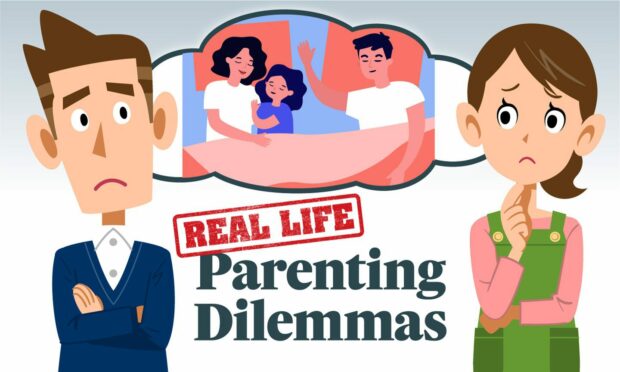


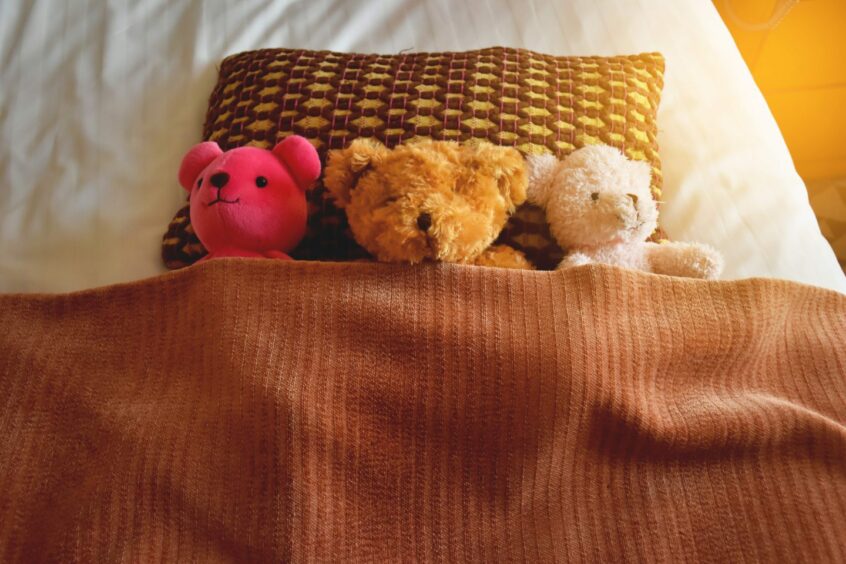
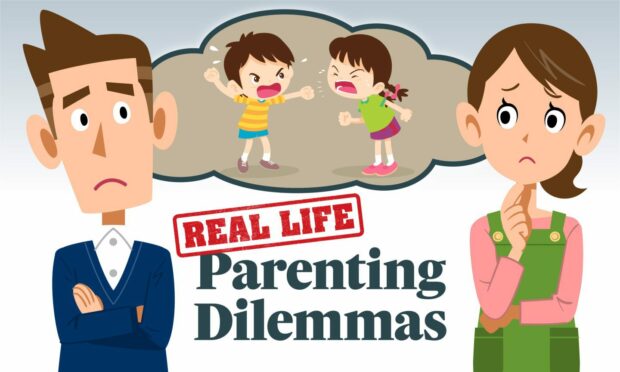
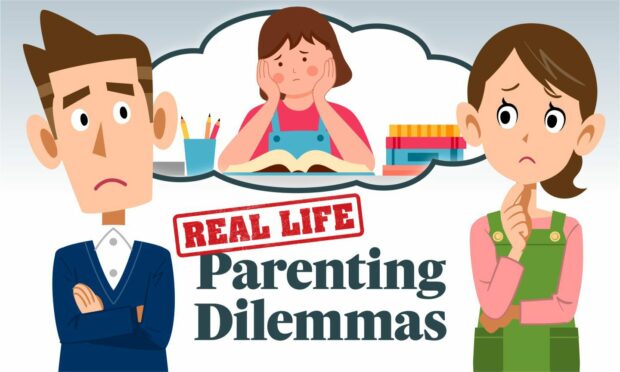
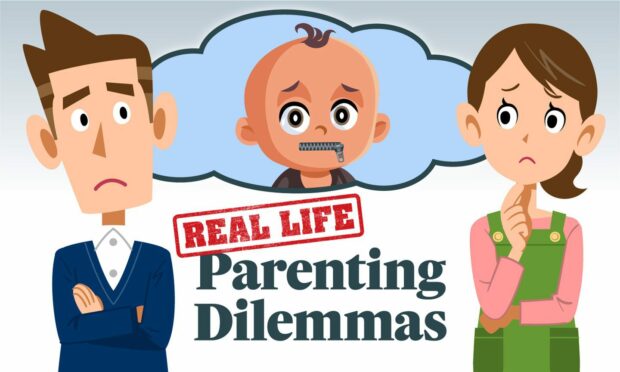
Conversation